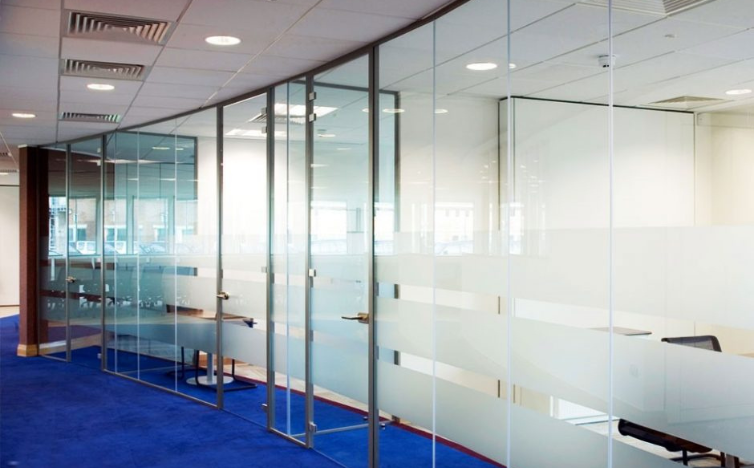Acoustic glass windows are an excellent solution for those looking to reduce outside noise, improve energy efficiency, and increase comfort inside their homes or offices. But how do you choose the right acoustic glass windows? This guide will walk you through key factors to consider when selecting the best acoustic glass windows for your needs.
What Are Acoustic Glass Windows?
Acoustic glass windows are designed to minimize the amount of external noise entering a space. They are made using layers of laminated glass with sound-dampening interlayers that help block or absorb sound waves. This makes them ideal for homes and offices in noisy environments like busy streets, airports, or industrial areas.

Consider the Noise Reduction Rating (NRR)
When choosing acoustic glass windows, one of the first things to look at is the Noise Reduction Rating (NRR) or Sound Transmission Class (STC). This rating measures how effectively the windows block sound. The higher the STC rating, the better the window will be at reducing noise. Ideally, look for windows with a rating of at least 40 for substantial noise reduction.
Choose the Right Glass Thickness
Glass thickness plays a significant role in sound insulation. Thicker glass provides better noise reduction as it can absorb and reflect more sound waves. Some acoustic glass windows come with different thicknesses on each pane, which helps to further disrupt sound waves, making the window more effective at blocking noise.
Opt for Double or Triple Glazing
Double or triple-glazed acoustic glass windows offer superior noise reduction compared to single-pane windows. In double-glazing, two panes of glass are separated by a gap filled with air or gas, which acts as an insulator. Triple glazing adds a third pane for even more insulation. These layers not only reduce noise but also improve thermal insulation, making your space more energy-efficient.
Consider Laminated Glass
Laminated glass is another critical factor in it. It consists of two layers of glass bonded together with a special soundproof interlayer. Laminated acoustic glass can significantly reduce the amount of sound that passes through and is also safer, as it does not shatter upon impact. This makes it a great option for both soundproofing and security.
Look for Energy-Efficient Features
While soundproofing is the primary goal, energy efficiency is an added benefit of it. Look for windows with Low-E (low-emissivity) coatings or gas-filled gaps between the panes (such as argon or krypton gas) to enhance thermal insulation. This will help you save on energy costs while maintaining a quiet indoor environment.
Check the Frame Material
The window frame also plays an important role in soundproofing. Vinyl, wood, and aluminum frames each offer different levels of noise reduction and energy efficiency. Vinyl and wood frames tend to provide better insulation compared to aluminum frames, which can sometimes allow more sound to pass through. Ensure that the frame is tightly sealed to prevent noise leaks.
Choose the Right Supplier and Installation
Even the best acoustic glass windows won’t be effective if they are not properly installed. Make sure to choose a reputable supplier and a professional installer with experience in acoustic window installation. Proper sealing and installation are critical to ensuring that your windows provide maximum noise reduction.
Call us: Contact DeSound Soundproofing Expert in Dubai For Soundproofing: +971 56 231 4204
Conclusion
Choosing the right acoustic glass windows requires careful consideration of factors like glass thickness, glazing options, noise reduction ratings, and energy efficiency. By keeping these key points in mind, you can make an informed decision that will help you create a quieter, more comfortable space.

